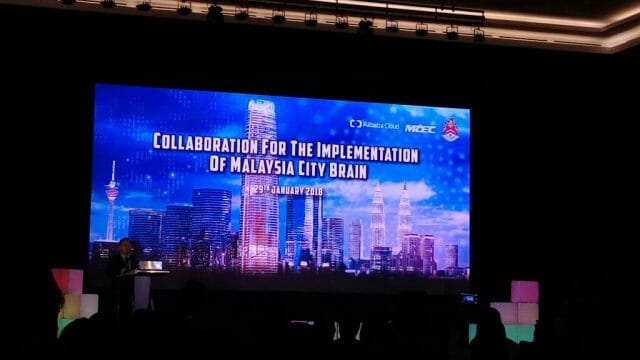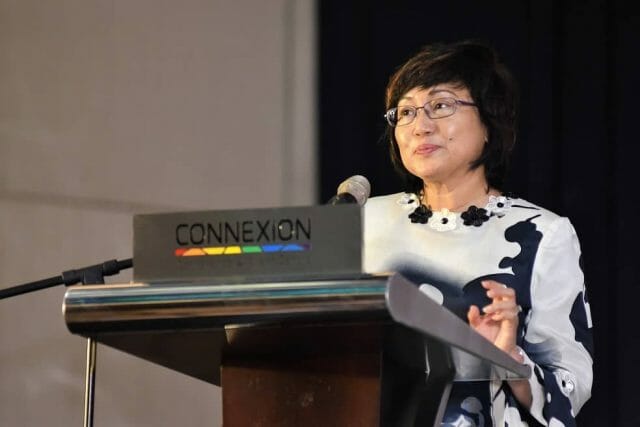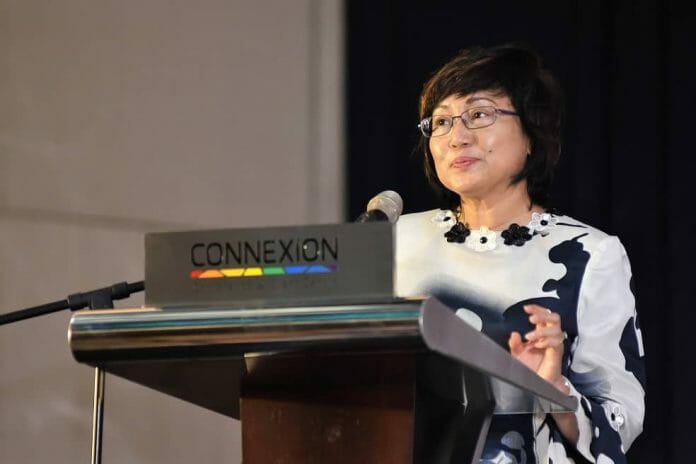The Malaysia Digital Economy Corporation (MDEC) and Dewan Bandaraya Kuala Lumpur (DBKL) are collaborating to launch the Malaysia City Brain initiative, which marks the first time this solution is adopted overseas. Developed on Alibaba Cloud’s large-scale computing engine known as Apsara, Malaysia City Brain offers a comprehensive suite of acquisition, integration and analysis of big and diverse data generated by various sources in urban space.
By leveraging the information from video, image recognition, data mining and machine learning technology, the City Brain will enable Malaysian urban planners and city officials to upgrade city governance and decision-making processes.
For its first phase, Kuala Lumpur will roll out the Malaysia City Brain for use in traffic management. This is in hopes to improve mobility in the city. By utilising massive cloud computing and data processing capabilities, the City Brain can optimise the flow of vehicles and traffic signals by calculating the time to reach intersections. It can also provide structured summaries of data, which will provide real-time insights in terms of traffic volume and the average speed of particular lanes.
In addition, City Brain can connect with various urban management systems including emergency dispatch, ambulance call, traffic command and traffic light control in order to identify the quickest route for emergency vehicles, ultimately improving response time.

“Through the programme, we aim to empower all Malaysian stakeholders in both the public and private sectors with the tools to enhance efficiency, advance innovation and succeed in the digital age,” states Simon Hu, President of Alibaba Cloud and Senior Vice President of Alibaba Group.
The City Brain solution was first implemented in Hangzhou, China in September 2016, which contributed to an increase in traffic smoothness by 15% and achieving an average three-minute time saved on traffic per vehicle.
There, the City Brain solution has expanded its functions to include:
- Detecting and reporting traffic violations, congestion or accidents, alerting the police as appropriate and improving the effectiveness of their work. In the main city alone, City Brain has reported over 500 traffic violations, congestion or accidents on a daily basis with an accuracy of 92%.
- Identifying the quickest routes for emergency vehicles, assessing their progress to the destination and managing traffic lights to make their journey smoother. In Xiaoshan District, ambulances have reduced their average time to a destination by half.
- Monitoring the routes of large vehicles such as buses and trucks carrying heavy or dangerous goods.
Malaysia City Brain will begin around the second quarter of 2018 (pilot phase expected to be completed by May), with a base of 382 camera feeds and input from 281 traffic junctions. It will be concentrated within the central region of Kuala Lumpur, where a three-fold outcome is expected.

The initiative aims to incubate 1,000 data scientists and 300 startups in Malaysia by facilitating the use of world class data intelligence technology through Alibaba Cloud’s cloud computing infrastructure and AI capabilities.
By participating in these big data competitions, Malaysian experts will compete with and learn from counterparts across the globe to develop best-in-class data technology, keeping Malaysia at the forefront of the global digital economy.










